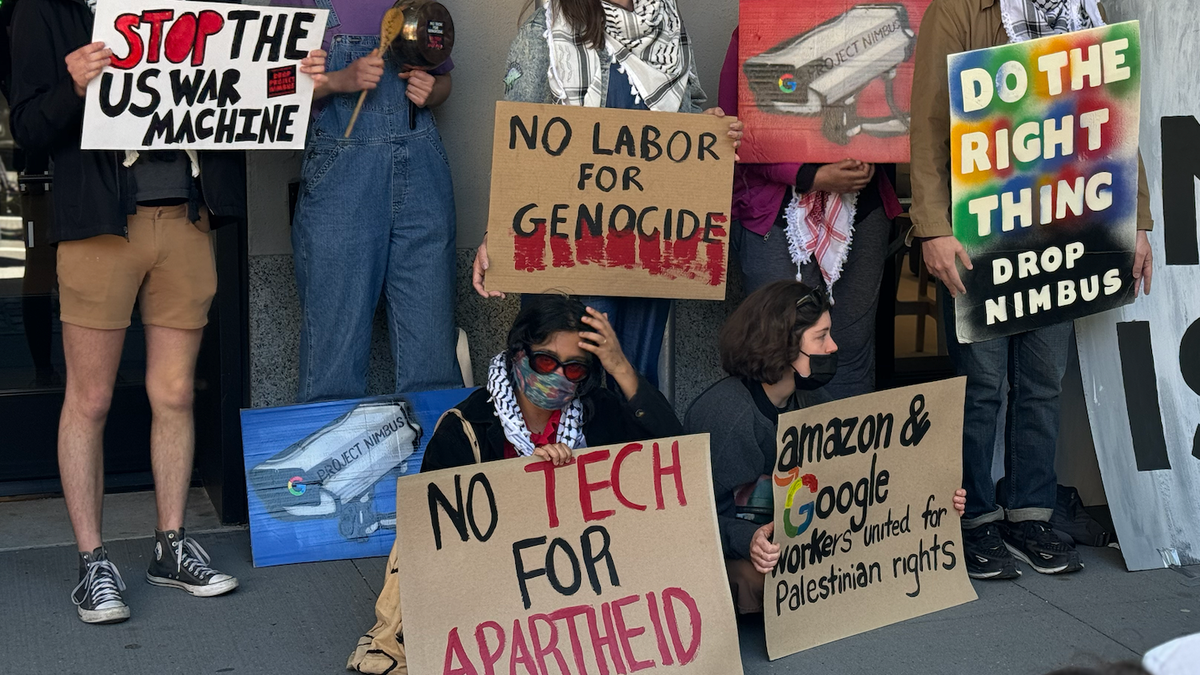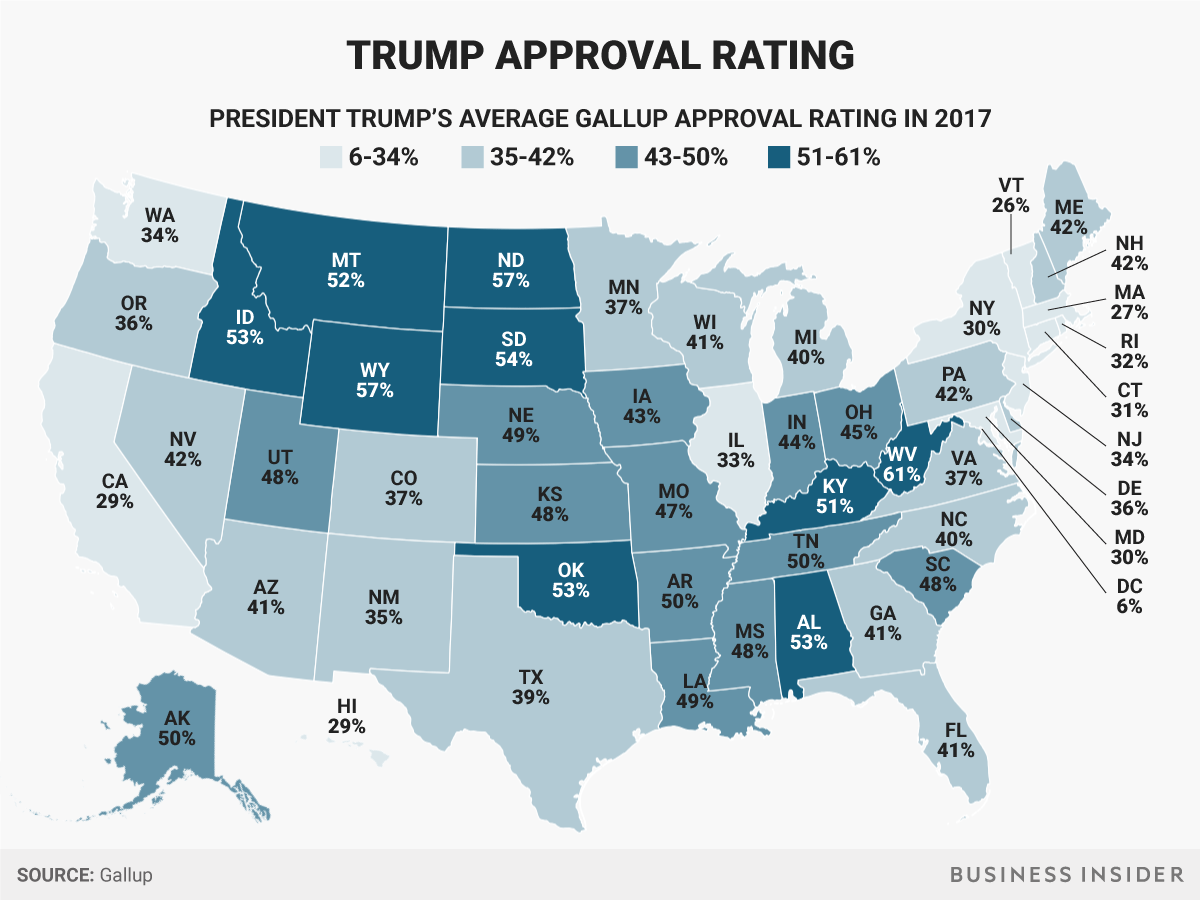Employee Protest Leads To Microsoft Blocking Emails With "Palestine"

Table of Contents
The Employee Protest and its Demands
The protest, reportedly involving a significant number of Microsoft employees across various departments, took the form of both an internal petition and a planned walkout. Employees voiced deep concerns about Microsoft's business dealings and expressed a perceived lack of commitment to Palestinian human rights. Their demands centered on several key issues:
-
Specific Concerns: Employees raised concerns about Microsoft's contracts with Israeli defense companies, citing the use of Microsoft technology in the context of the Israeli-Palestinian conflict. They also highlighted what they perceived as a lack of public statements and concrete actions from Microsoft in support of Palestinian human rights and self-determination. The employees argued this contradicted Microsoft's stated commitment to social justice and ethical business practices.
-
Methods of Protest: In addition to the internal petition and walkout, employees utilized social media platforms to amplify their message and garner public support for their cause. They created online campaigns, using hashtags to spread awareness and encouraging external pressure on Microsoft. Open letters to leadership were also circulated internally, further articulating the employees’ grievances.
-
Scope and Scale: While the exact number of participating employees remains unclear, reports suggest a significant portion of the workforce was involved, indicating a widespread concern within the company regarding its approach to the Israeli-Palestinian conflict. The protest spanned multiple departments, demonstrating a broad-based dissatisfaction with Microsoft's stance on this geopolitical issue.
Microsoft's Response and the Email Block
Microsoft’s official response to the employee protest was muted, with initial statements focusing on the company's commitment to employee expression while stopping short of directly addressing the concerns raised regarding Palestine. However, the subsequent blocking of emails containing the word "Palestine" sparked widespread outrage. While the exact mechanism remains unclear, it appeared to be an automated filter, triggering on the specific keyword.
-
Confirmation and Scope: While Microsoft hasn’t explicitly confirmed the email block, numerous reports from employees corroborated the issue. The block reportedly affected both internal and external communications, severely hindering the ability of employees to discuss the protest and related issues.
-
Justification (or Lack Thereof): Microsoft has yet to provide a clear justification for this action. The lack of transparency surrounding the decision fueled accusations of censorship and fueled further criticism of the company's handling of the situation.
-
Unintended Consequences: The email block had several unintended consequences, most notably the suppression of legitimate communication and the chilling effect it had on internal discussion regarding Microsoft's involvement in the Israeli-Palestinian conflict. This undermined the company's stated commitment to open dialogue and internal transparency.
Public Reaction and the Debate on Censorship
The news of the email block sparked a significant public outcry. Media outlets extensively covered the story, highlighting the controversy surrounding Microsoft's response to the employee protest and raising questions about the implications for free speech within corporations. Social media platforms became central hubs for discussion, with many criticizing Microsoft's actions as an act of censorship and a suppression of employee activism.
-
Reactions: Reactions ranged from widespread condemnation of Microsoft's censorship to support for the company's right to manage internal communications. Activist groups added their voices to the public debate, issuing statements that criticized Microsoft's handling of the protest and its implications for Palestinian rights.
-
Ethical and Legal Implications: The incident raised serious ethical questions regarding corporate responsibility and the balance between upholding freedom of expression and maintaining internal order. Legal experts have weighed in on potential violations of employees' rights to free speech within the workplace.
-
Similar Incidents: The Microsoft situation echoes similar incidents of corporate censorship, highlighting a recurring pattern of corporations attempting to control narratives surrounding controversial social and political issues. This underscores the need for transparent and ethical communication policies that respect employee rights.
The Broader Context of Corporate Social Responsibility
This incident shines a spotlight on the increasingly important role corporations play in addressing geopolitical issues. Companies are no longer viewed solely as profit-generating entities but also as actors with significant social and political influence.
-
Best Practices: Best practices for corporate responses to employee activism include open communication, transparent decision-making processes, and a commitment to addressing employee concerns fairly and respectfully.
-
Navigating Complex Issues: Corporations face immense challenges in navigating complex geopolitical situations, where taking a stance on one side or the other can alienate stakeholders. However, avoiding engagement altogether often leads to greater criticism.
-
Impact on Reputation: A corporation's response to such events profoundly affects its public perception and brand reputation. Microsoft's handling of this situation serves as a cautionary tale about the risks associated with suppressing employee voices on sensitive geopolitical issues.
Conclusion
The Microsoft email block, triggered by an employee protest concerning Palestine, exemplifies a significant challenge for corporations grappling with complex geopolitical issues and employee activism. The controversy surrounding the censorship highlights the ongoing tension between freedom of speech, corporate control, and corporate social responsibility. The opaque response from Microsoft and the subsequent blocking of emails containing the word "Palestine" raises serious questions about the company's commitment to transparency and ethical practices. The incident underscores the need for open dialogue and a more responsible approach from corporations when addressing employee concerns related to social and political matters. We encourage readers to engage in informed discussion and urge corporations to adopt more transparent and ethical practices when handling sensitive geopolitical issues like the conflict in Palestine, ensuring that employee voices are heard and respected. Further research into similar incidents of corporate responses to employee protests related to Palestine and other international conflicts is vital to fostering better understanding and ultimately, more responsible corporate behavior.

Featured Posts
-
 March 26 2025 Nyt Mini Crossword Complete Answers And Clues
May 23, 2025
March 26 2025 Nyt Mini Crossword Complete Answers And Clues
May 23, 2025 -
 Andrew Tate E A Ameaca De Novas Infracoes De Transito Em Dubai
May 23, 2025
Andrew Tate E A Ameaca De Novas Infracoes De Transito Em Dubai
May 23, 2025 -
 Reino Unido Motor De Combustion Que Quemas Particulas De Agua
May 23, 2025
Reino Unido Motor De Combustion Que Quemas Particulas De Agua
May 23, 2025 -
 Big Rig Rock Report 3 12 And Rock 101 A Comprehensive Overview
May 23, 2025
Big Rig Rock Report 3 12 And Rock 101 A Comprehensive Overview
May 23, 2025 -
 The Houses Approval Of The Trump Tax Bill A Comprehensive Overview
May 23, 2025
The Houses Approval Of The Trump Tax Bill A Comprehensive Overview
May 23, 2025
